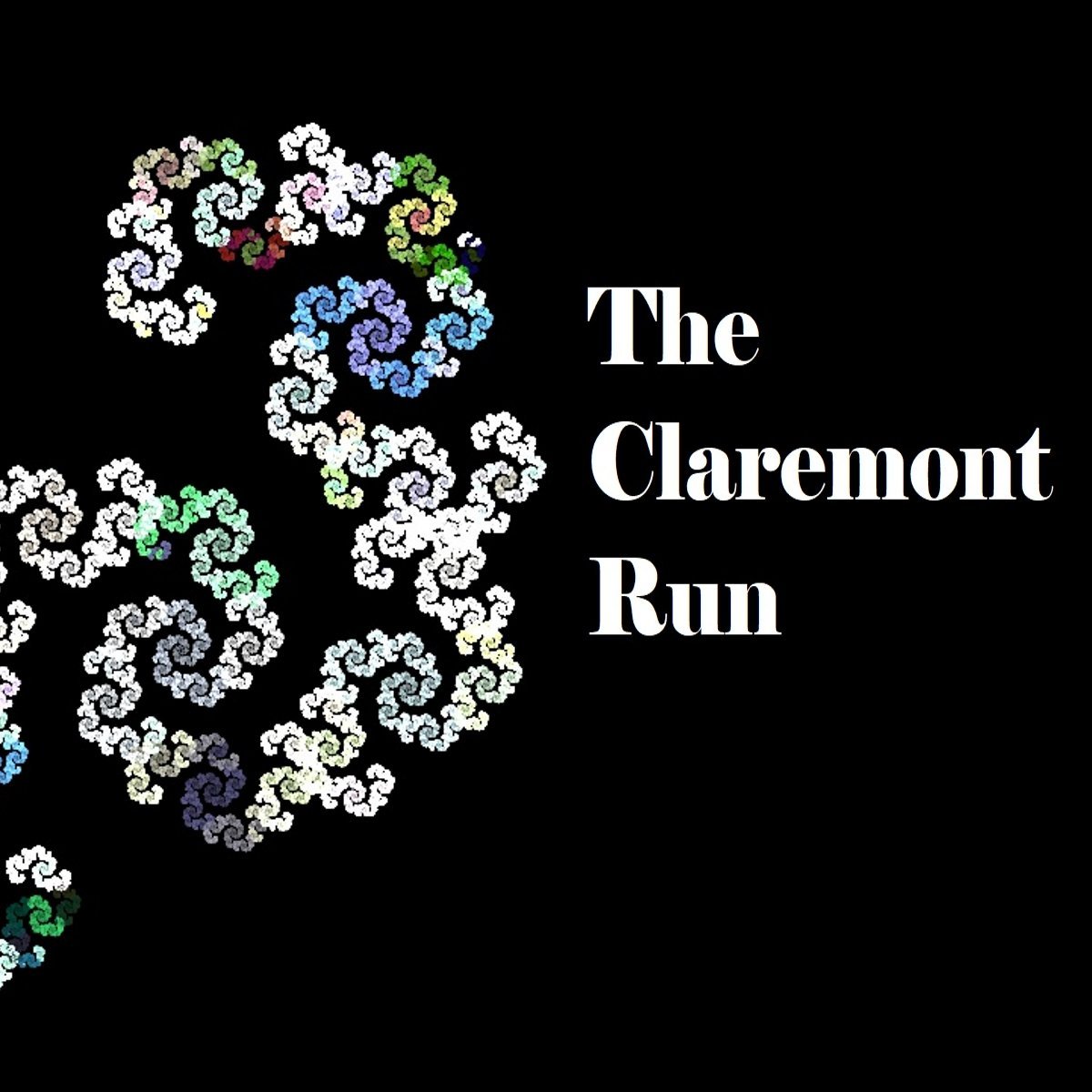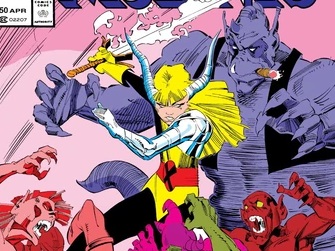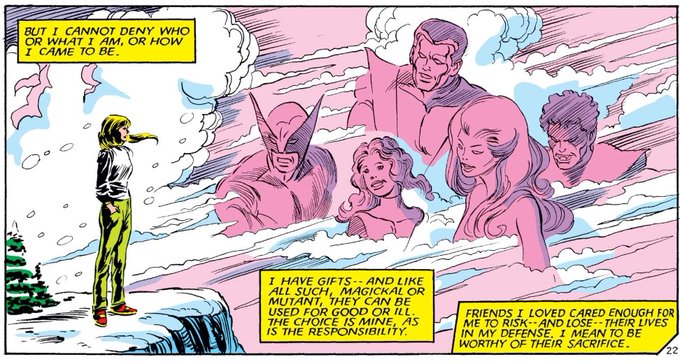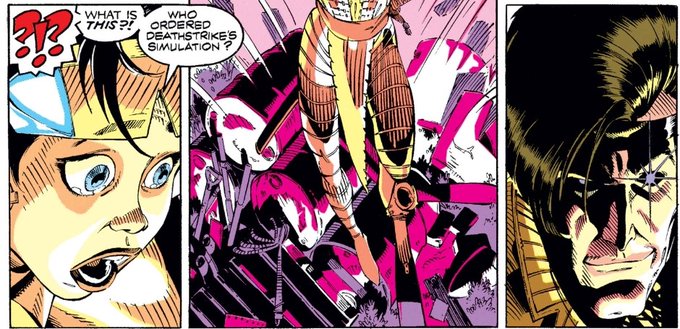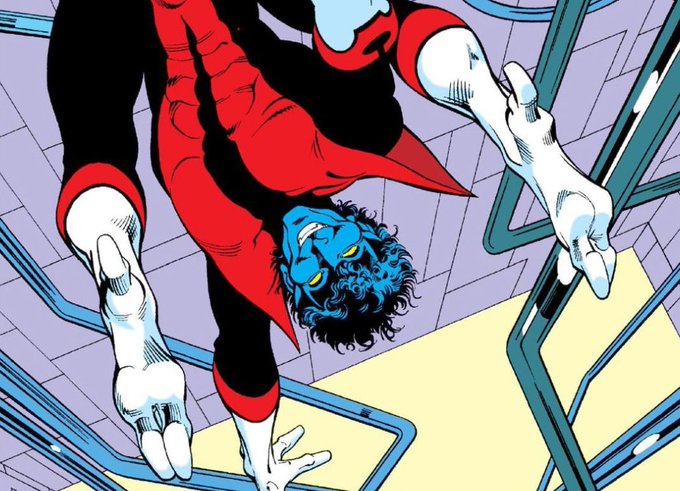At the same time, Rogue’s power prevents her from expressing her own sexual agency – she is unable to touch people that she might be attracted to for fear of injuring them. 5/8
Comics scholar Michael Campochario (@EarthTwoMike) writes that “Women’s bodies and their choices regarding them are simultaneously admired, objectified, and legislated by men. I think Rogue can be seen as a metaphor for all of that.” 2/8
The record stands to this day, in part because of industry collapse in the mid 1990s, a collapse that has, ironically, been linked to both sales gimmicks, and to the loss of talent at Marvel and DC, spurred by the Image comics revolution (with Lee a part of that). 4/5
In this sense, Claremont had a major advantage over other Wolverine writers, in that Logan's power was new to readers and had not yet overaccelerated (leaving writers with nowhere to go and a character who cannot credibly be considered to be in any danger at most any point.) 6/7
Furthermore, because of the law of diminishing returns, you have to keep hurting him more and more in order to maintain that spectacle, a problem that has haunted the character since, and one that has necessitated increasing his power to a hilarious degree. 5/7
I’m not accusing Mignola of a swipe here, though perhaps there is some influence. More importantly, I think it’s worth noting that a lot of the character attributes that make Hellboy’s story so compelling were likewise exhibited by Magik, a great character in her own right. 6/6
Magik debuts in 1983 with a mini-series. Like Hellboy, she is a demonic being choosing to live amongst humans within a found-family, whilst working with them to fight her ilk, hiding her true form in fear of fulfilling a prophecy that will open a portal to the demonic realm. 3/6
For Gambit, the scene further establishes his power (in standing against the mighty Wolverine), his enigmatic nature (his ability to trigger a Deathstrike simulation) and his pragmatic approach to winning at any cost, whilst also teasing a possible connection to Longshot. 4/8
Wolverine’s first interaction with Gambit is a fight. In a simple 3-page sequence, Claremont establishes a dynamic animosity between the two brawlers, a generational conflict between old guard and new, and a tension between nostalgic loyalties and more recent bonds. #xmen 1/8
Kurt Wagner’s arc is not a story about accepting oneself - he gets there almost immediately - but a much more complicated story about navigating your lack of acceptance in a society that fails to share the comfort and peace with which you view yourself. 1/6 #Xmen
